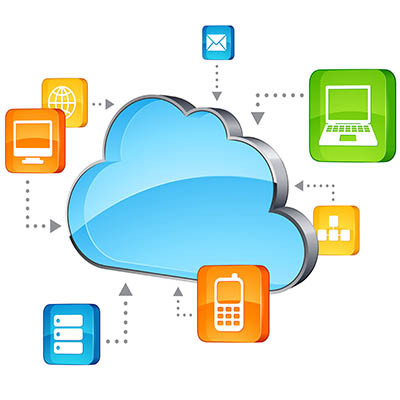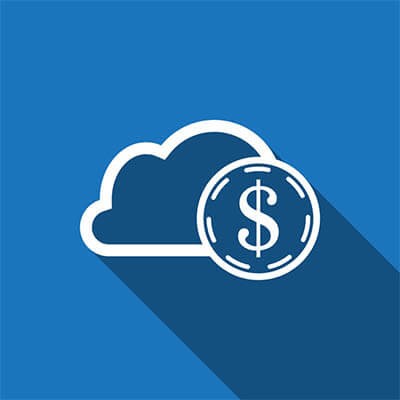Cloud technology has shifted the way that many businesses operate in their day-to-day, offering advantages that were once a business owner’s pipe dream. Of course, there are now different ways that businesses can embrace these advantages. Let’s compare your options to determine which one better matches up to your needs.
Cerberus IT Solutions Blog
Business hardware is never a small investment to make, so for a business to make the best use out of their invested funds, their hardware needs to be seriously considered. One way to do so is to use a virtualized environment, whether that environment is hosted onsite or in the cloud. Let’s consider the inherent benefits of virtualization.
Five months into the COVID-19 pandemic, many businesses have resolved to shift their operations and replace a lot of their onsite computing hardware with cloud solutions. While the cloud has proven to be a great method for businesses to obtain the resources they need without investing in the associated costs of a hardware refresh, its other costs could prove problematic. Let’s examine your options briefly and try to establish a sense of value.
With the development of business technology, tools have been introduced that provide greater and greater benefits to organizations that use them. Perhaps the most useful that we have today, the cloud, has enabled businesses of all sizes to take advantage of far better tools than were available to them before. Let’s take a closer look at some of them.
Collaboration has always played a critical role in a business’ success, which is one of the biggest benefits that the cloud offers. Since cloud technology has suddenly become even more important for a business--especially in terms of business connectivity as more people are displaced from the office by the COVID-19 pandemic--we felt that it was an appropriate time to address just how many different kinds of communication tools are available through the cloud.
Cloud solutions have helped considerably advance businesses, regardless of whether a business makes use of public cloud solutions or a private option that it hosts itself. Many have found great utility in combining the two into a hybrid cloud solution. Let’s consider the pros and cons of the hybrid cloud to see if it would suit your needs.
There are a lot of benefits of moving your business to the cloud. Typically, we promote the reduction in capital expenditures, the 24/7 availability, and all the other features you can gain. The cloud is a useful tool for all types of business computing functions. Today, large sections are moving their business to the cloud, but is it really right for you? Let’s look at how cloud computing can potentially be detrimental for your business.
Most businesses make technology decisions with an eye on growth. One technology that is being used more than ever is cloud computing. There are many different benefits that an organization can see by using the cloud. Today, we will address these benefits and explain how cloud computing works to facilitate business growth.
Cloud computing is the single fastest growing business computing method. Why is this? The cloud offers options that simply weren’t available in the past. Switching to the cloud not only can benefit your business productivity, but also your security, flexibility, and efficiency. Today, we will talk about how migrating to the cloud can help YOUR business.
The cloud has proven to be an extremely useful tool for the modern business. Not only does it provide anywhere-anytime access to applications, processing, storage, et al; it also delivers those products as a service, allowing you to budget for recurring costs rather than major upfront ones. This provides your organization with functional, supported, and secure computing environments that eliminate a lot of the support costs that traditional computing environments require. It sounds like a perfect scenario for small and large businesses alike, but things aren’t always what they seem, as a lot of cloud users have found that they have incurred several hidden costs by using cloud platforms. Today, we take a look at these hidden costs.
Profitability is less the measure of being able to turn a profit, and more the measure of how much profit you can make. For the successful small business, the integration of technology can dictate what kind of annual margins you are looking at. For the new company, however, it can be something even more critical: the difference between setting a course for success, or wallowing in failure. Today we analyze the cost difference between hosting your IT in-house, or choosing to host it in the cloud.











